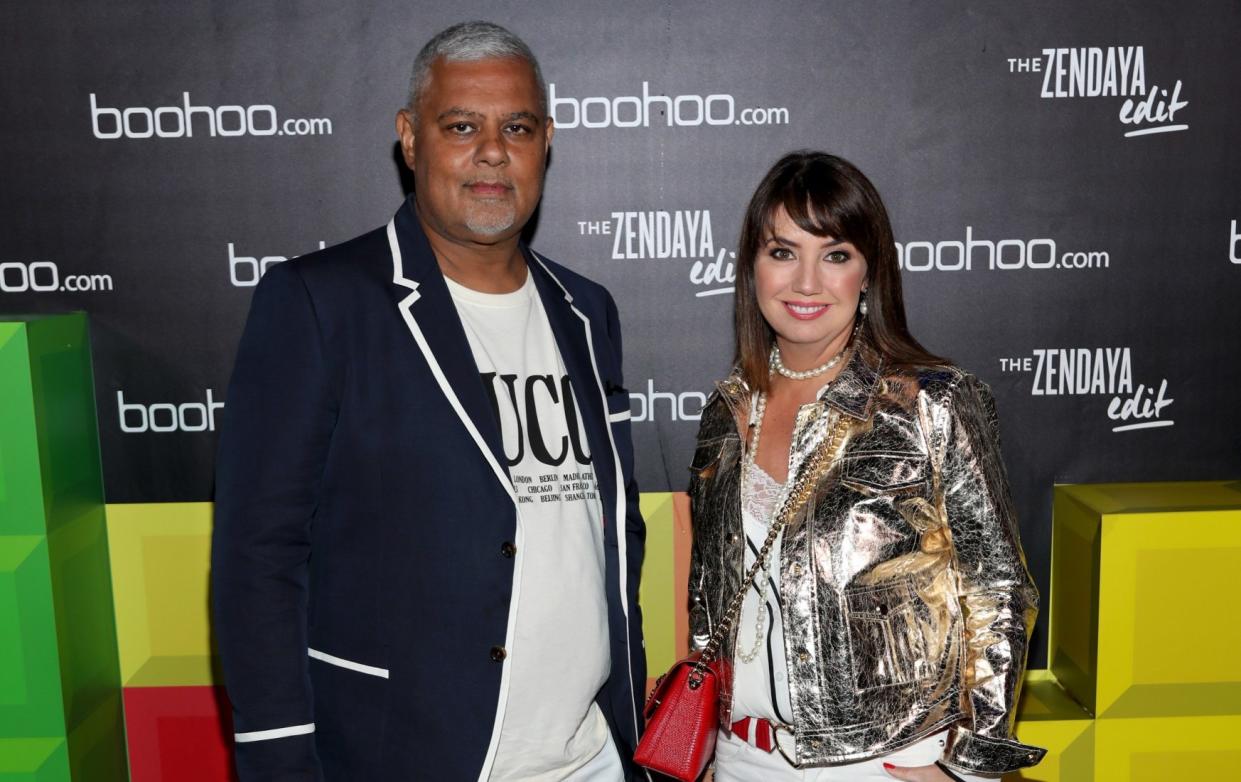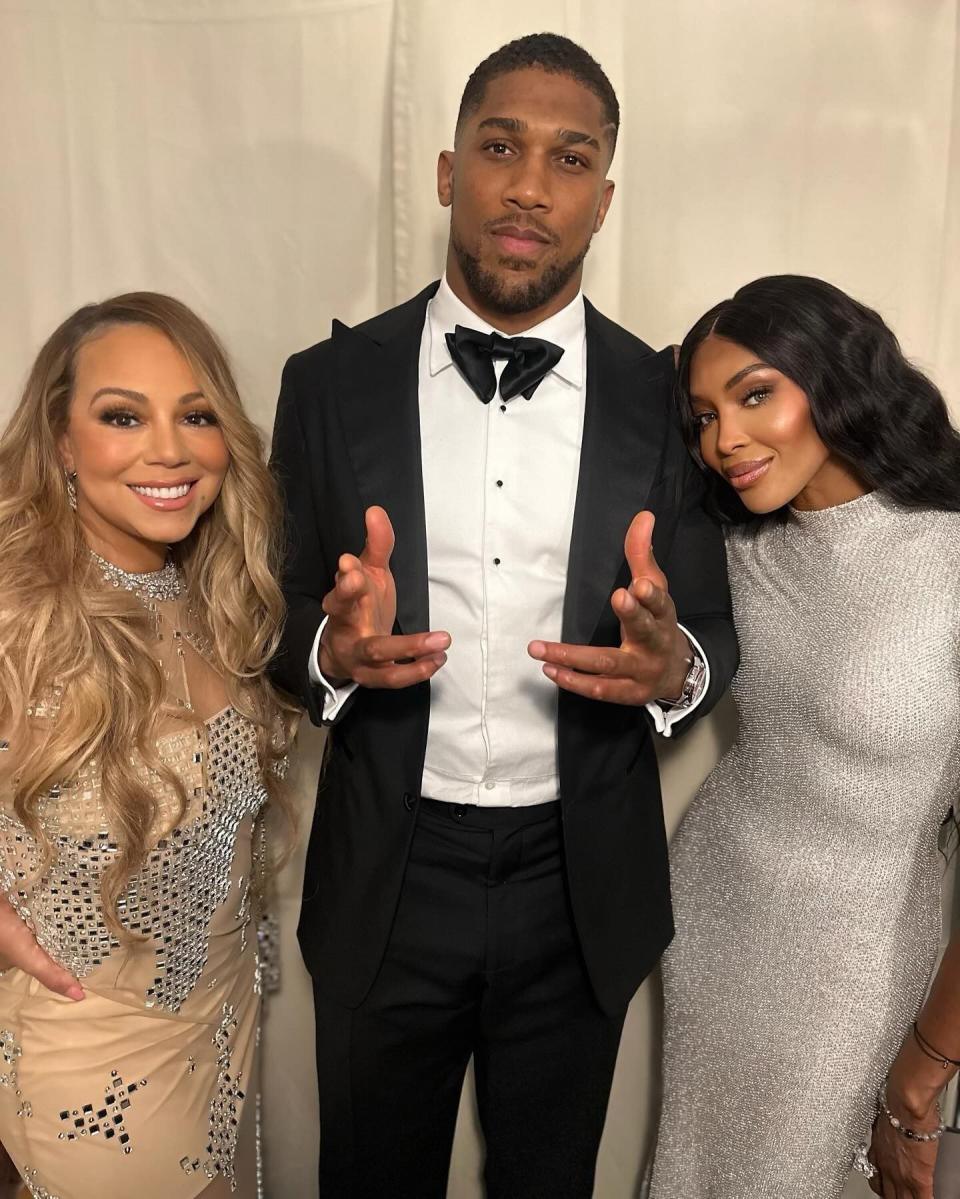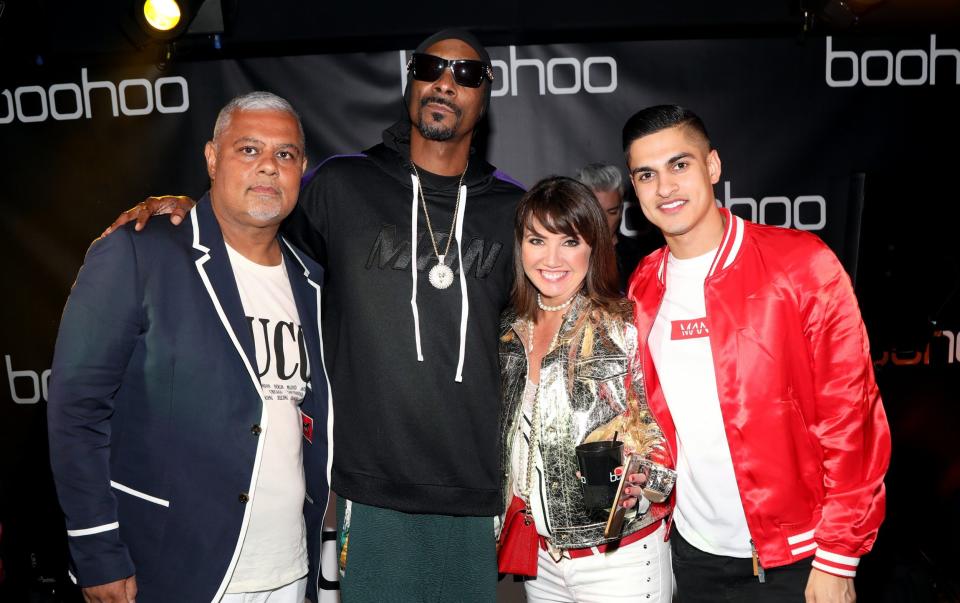The decline of Boohoo, the fast fashion empire

It was the unequivocal symbol of success: a lavish four-day wedding on the Côte d’Azur, a guestlist including Naomi Campbell, Rio Ferdinand and Anthony Joshua, performances from Mariah Carey, and Andrea Bocelli serenading the bride with a full orchestra as she walked down the aisle. But results posted this week make Boohoo heir Umar Kamani’s £20m extravaganza look like a convenient – if expensive – distraction.
The megabrand that put fast fashion on the map appears to be in freefall: losses have grown 76 per cent, more than 1,000 jobs have been cut, and shares are worth less than a tenth of their 2020 value.
Boohoo was co-founded by Mamud Kamani and Carole Kane in 2006. The retailer now owns Pretty Little Thing (created by two of Kamani’s three sons, Umar and Adam), along with Debenhams, Karen Millen, Coast, Dorothy Perkins and Warehouse. Its current situation is the result of “difficult market conditions, caused by high levels of inflation and weakened consumer demand”, according to John Lyttle, its chief executive. Lyttle said that £125m of cost-cutting measures would follow – including axing the staff who spent the weekend watching Kamani’s no-expense-spared spectacular splashed over social media.

Boohoo, an online retailer, reached its peak in 2020, when the pandemic shuttered the already-ailing high street. That June, it was valued at £5.2bn – more than Marks & Spencer and Asos combined – while sales almost doubled. Its adverts cloaked Tube platforms and buses; its clothes, sometimes priced as low as a pound or two, became the uniform for Love Island stars. The Kamani brothers, meanwhile, openly revelled in their success – A-list parties, celebrities including Nicki Minaj, Jessie J and Miley Cyrus wearing their clothes, Umar earning the prestigious title of Britain’s eighth-most eligible bachelor, as decreed by Tatler.

Boohoo “cashed in quickly on a movement and a moment,” says Dana Thomas, author of Fashionopolis: The Price of Fast Fashion and the Future of Clothes, and European sustainability editor at British Vogue. “It had a very fun little idea” – to make clothes instantly in response to trends, at rock bottom prices – but “like a firework that exploded into the air, is going to fall down to the ground.”
The first signs of trouble began in the summer of 2020 when a Sunday Times report claimed that workers at Boohoo’s Leicester factory were being paid £3.50 per hour (the legal minimum wage for over-25s at the time was £8.72). An independent review later found that the company had not intentionally profited from these practices, but highlighted a series of failings and ‘inadequate’ monitoring. Retailers Next, Asos and Zalando dropped Boohoo lines from their sites, and share prices plummeted.

The company needed damage control. It was decided that they would open a new factory in Leicester in January 2022 - a multimillion-pound investment that was slated to create almost 200 jobs in a sign of their commitment to quality British garment-making. They also introduced Agenda for Change – an initiative promising fair prices and timescales for suppliers. Yet this was “consistently undermined,” according to an undercover BBC reporter who spent 10 weeks at the company as part of a Panorama investigation. The new facility shut at the beginning of this year.
While it might be tempting to see Boohoo’s decline as a sign that Britain is finally breaking up with fast fashion, the domination of Shein - the Chinese firm valued at £100bn at the end of 2022 – appears to prove otherwise. The State of Fashion 2024 report, published by Business of Fashion and McKinsey, found that 26 per cent of UK consumers had shopped at Shein or Temu, an Amazon-esque online retailer, in the past 12 months.
“Shein is a really tightly run company and it is relentless in its marketing and its reach and its production, and I think companies like Boohoo just can’t keep up,” Thomas says. “Shein is a machine and Boohoo is a family extravaganza... anytime you hear more about the family and their exploits and how they’re living large and all of their glam, you know that they are spending too much time having fun and not enough time on the company.”

Louise Déglise-Favre, associate retail analyst at GlobalData, agrees that where Boohoo is concerned, “there’s a transfer of power, really, more than a full-on slowing down of the fast fashion industry.” Much of this is the sheer manpower China has, with Déglise-Favre citing its “manufacturing capabilities and the turnaround speed” as key tools in Shein’s arsenal.
Cheap labour costs also help drive prices down; the company uploads 6,000 new garments daily to its website. Add to that celebrity endorsements from the likes of Katy Perry and Rita Ora, who appeared at its 2021 Covid fundraiser, and Khloe Kardashian, and the juggernaut is only growing.
“They’re really good at leveraging social media in a way that other players like Boohoo or even Asos haven’t really done,” Déglise-Favre says. “They’ve really managed to corner TikTok.” This social media power, combined with search engine optimisation that sees them (or Temu) ranked top every time you write a product name into Google, only further cements their ubiquity. “They have such hyper-visibility that it’s almost impossible to avoid them,” Venetia Falconer, a fair fashion campaigner, says.
While the Gen Zs targeted by Boohoo, Shein and copycat sites like Cider are vocal about the future of the planet – to which fast fashion is harmful - and workers’ rights, marketing clout often wins out. “The fashion system is functioning exactly as it’s supposed to. It’s built in this way for brands to race to the bottom,” Falconer says. Quality is immaterial now that a one-and-done attitude to wearing clothes has set in.
Dr Patsy Perry, reader in Fashion Marketing at Manchester Metropolitan University’s Manchester Fashion Institute, says that shifting attitudes towards the longevity of our clothes can be disastrous for retailers, too. “It is the perennial problem of returns, where even when things are quite cheap and low-cost, consumers are getting quite adept at using it as a hiring service, and over-ordering, [and] returning a lot of it.” While the circular economy also appears to be growing – Vinted, a clothes resale platform, was the second most popular shopping app in the UK last year – fast-fashion is “often not fit to be resold.”
Few are optimistic about how things might improve. “Retail has changed so much since I was involved in it,” says Jane Shepherdson, previously CEO at Whistles and brand director at Topshop. “I can’t say I am surprised that [Boohoo] are losing out to Shein, if you only offer low prices someone will always undercut you.”
The family dividends may look less rosy given Boohoo’s current state, but there is still big money to be made by those who get their strategy right, Thomas adds. She describes Shein as “the McDonald’s of ultra-fast fashion; they’re just going to own and crush everyone else… you’ll have Boohoos come and go, but they will come and they will go.”


